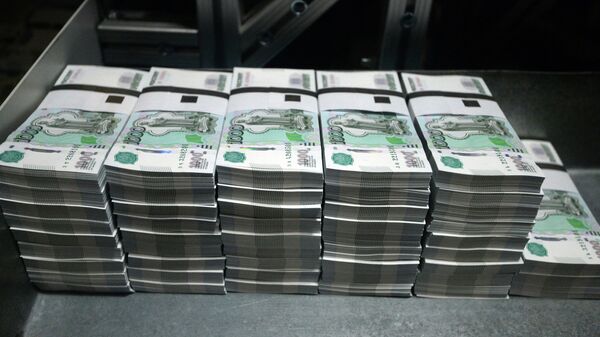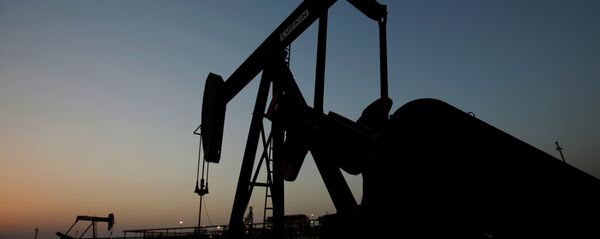"Russia’s GDP is estimated to have contracted 3.2% in 2015, while 2016 growth is forecast at 0.3%," OPEC's January Monthly Oil Market Report reads.
In late 2014 and early 2015, the Russian economy underwent a slowdown caused by a sharp decline in global oil prices and, to a lesser extent, by Western sanctions imposed on Moscow over its alleged role in the internal Ukrainian conflict — a claim the Kremlin has repeatedly denied.
In January 2015, the Russian government presented an anti-crisis plan, stipulating spending cuts in an effort to balance the country’s budget.
In November, Russian Economic Development Minister Alexei Ulyukayev said that the recession in the Russian economy had ended. According to the ministry, the country's GDP in 2016 will grow by 0.7 percent.
The Organization of the Petroleum Exporting Countries (OPEC) reiterated its GDP global growth forecast for 2016 standing at 3.4 percent in its report.
"Global GDP growth for 2015 has been lowered to 3.0%, while the 2016 growth forecast remains at 3.4%," the report reads.
According to OPEC experts, among the factors threatening the growth of the world economy, are slowing momentum in the emerging and developing economies, in particular risk of further weakening in Brazil and Russia, lower GDP growth in commodity producing states and volatility in China’s asset markets.
"Also, challenges remain in the OECD [Organization for Economic Cooperation and Development], as indicated by declining industrial production in the US and signals of a slowdown in Japan. Risks in the Euro-zone remain, despite its current solid momentum," the report stressed, adding that potential to the world GDP growth could come from the Eurozone and India while US private household consumption could boost the US economy.
OPEC stressed that a number of ongoing country-specific economic challenges and geopolitical issues also remain a factor of concern.



